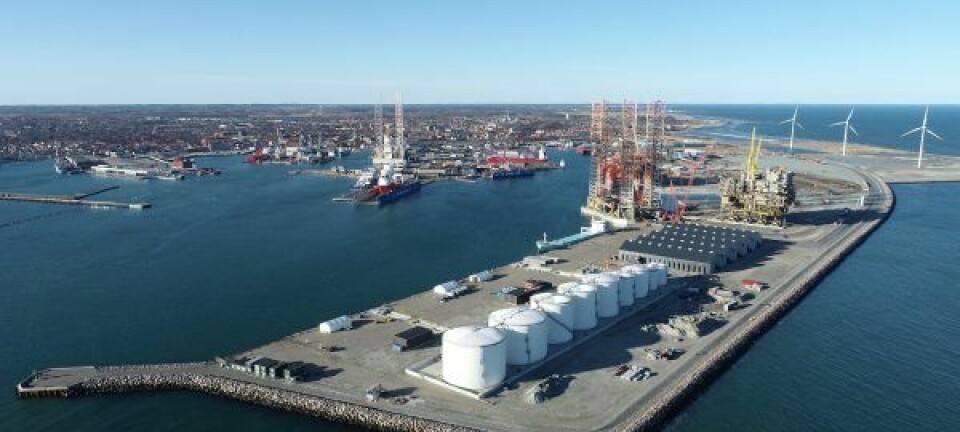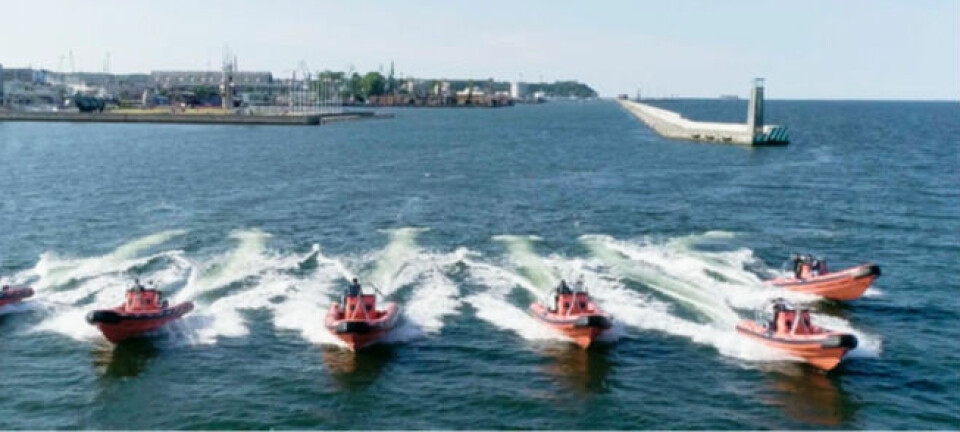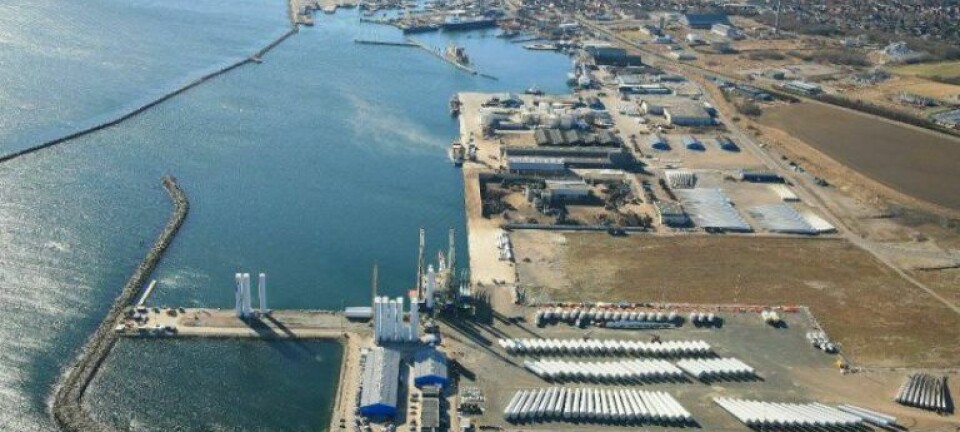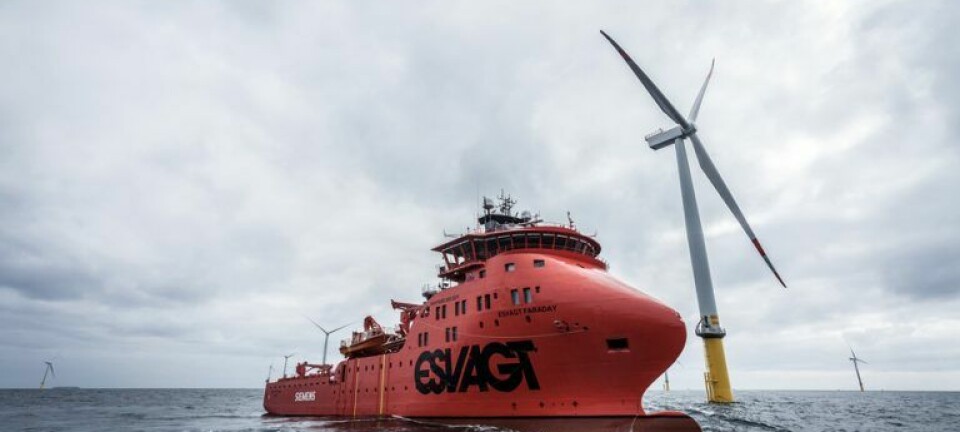Canada bans cruise lines and pleasure craft again
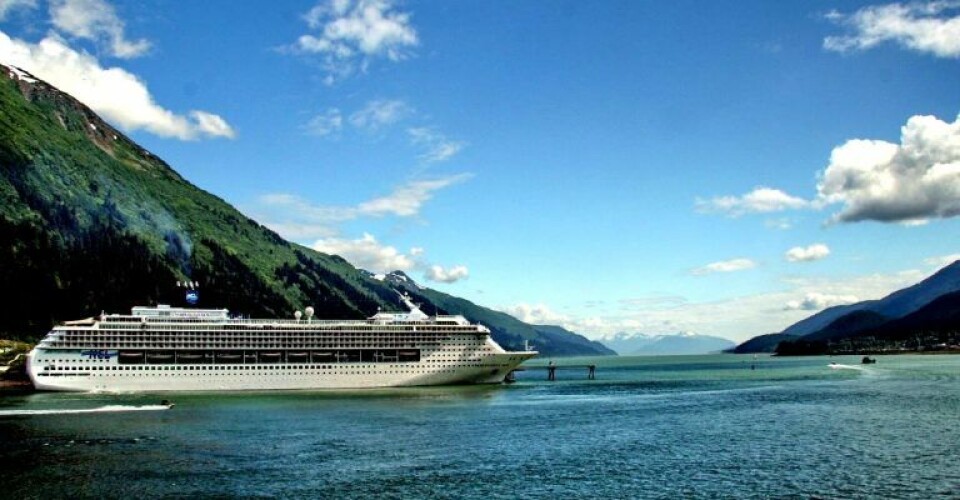
Canada bans cruise lines through 2022, sparking a potential economic row with the US
By Michael McGrady, Maritime Direct Americas Correspondent
OTTAWA — The Canadian federal government declared that a cruise ship ban implemented to protect would-be passengers and crew from COVID-19 infections would remain in effect until 2022.
Omar Alghabra, the Canadian Minister of Transport, announced the order from Ottawa on February 4.
The ban covers cruise vessels and other pleasure craft.
“As Canadians continue to do their part to reduce the spread of COVID-19, our government continues to work hard to ensure Canada’s transportation system remains safe,” Alghabra said.
“Temporary prohibitions to cruise vessels and pleasure craft are essential to continue to protect the most vulnerable among our communities and avoid overwhelming our health care systems,” he added.
Extending the existing ban; nuts and bolts
The initial ban on cruise vessels in Canada was set to end on February 22.
However, citing a worsening pandemic in Canada and North America, Alghabra said that the government has surmised that an extension of one year, to February 28, 2022, is the appropriate measure.
Per the order, passenger vessels carrying more than 12 people are prohibited from entering Arctic coastal waters along the coasts of Nunatsiavut, Nunavik, and Labrador.
Cruise vessels carrying more than 100 people are prohibited from operating. The order exempts pleasure craft owned by privately owned individuals who hold less than the prohibited passenger load and refrain from Arctic waters.
Arctic residents, including those of Native descent living in traditional lands, can still operate pleasure vessels within the respects of local, provincial public health orders. Water taxis and ferries are exempt from the ban.
These services are viewed by Ottawa as essential services and continue to operate under local rules.
“This is the right and responsible thing to do,” Minister Alghabra said, justifying the action.
The minister adds that it is the department’s position to view cruise vessels in Canadian waters as a “risk to our health care systems.”
“The Government of Canada will continue to evaluate the situation and make changes as necessary to ensure the health and safety of all Canadians,” the government adds.
“Should the COVID-19 pandemic sufficiently improve to allow the resumption of these activities, the Minister of Transport has the ability to rescind the Interim Orders.”
At the time of publication, Alaska’s COVID-19 cases have exceeded 801,000 and about 20,732 deaths.
Tough luck, Alaska and Washington
Canada’s extension of their cruise ship ban threatens cruise liners operating out of the Pacific Northwest and Alaska, in the United States.
Vancouver and Victoria, in British Columbia, are both popular destinations for tourists sailing on vessels from Seattle.
With these restrictions, the cruise industry for the whole continent of North America could see more turbulence and economic woe.
Niche cruise liners operating out of Alaskan ports in Anchorage, Juneau, Ketchikan, and Seward will be impacted by the ban.
The congressional delegation for Alaska is outraged by Canada’s action, leading to a potential regional and international incident.
“The Alaska Delegation has worked in good faith to seek [a] compromise over border crossing restrictions due to COVID-19, keeping in mind the health and safety of Alaskans and Canadians,” Alaska’s delegation said in a joint statement.
“Canada’s announcement to ban all cruise sailings carrying 100 people or more traveling through Canadian waters, without so much as a courtesy conversation with the Alaska Delegation, is not only unexpected—it is unacceptable—and was certainly not a decision made with any consideration for Alaskans or our economy,” the statement concludes. “We expect more from our Canadian allies.”
Alaska’s delegation to Congress comprises of three Republicans: Sens. Lisa Murkowski and Dan Sullivan, and Rep. Don Young.
This is a developing story.




